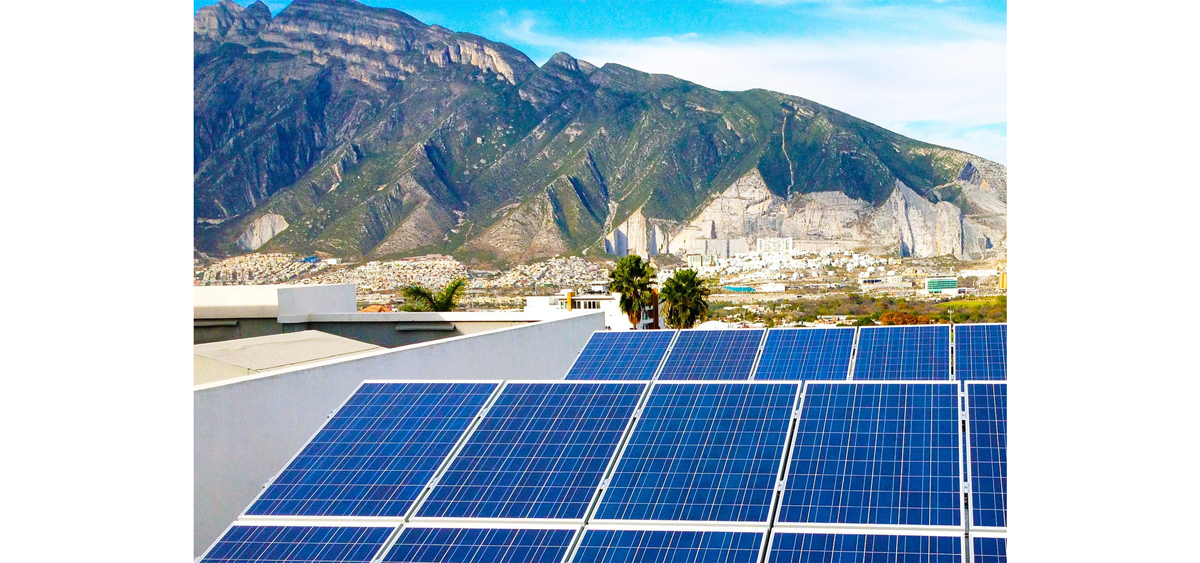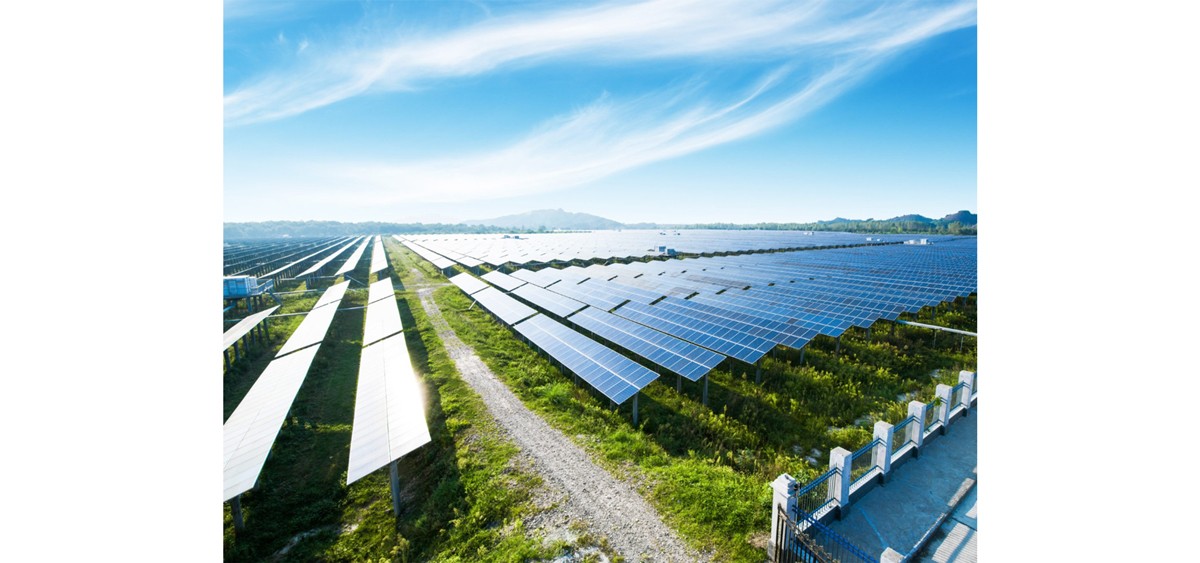Montenegro, a picturesque country nestled in the Balkans, has been steadily making strides towards a greener and more sustainable future. As the world grapples with the challenges posed by climate change and the need to transition towards renewable energy sources, Montenegro has recognized the immense potential of solar energy. In recent years, solar energy systems have gained traction and popularity in Montenegro, providing an environmentally friendly alternative to traditional energy sources. This essay explores the advantages of solar energy systems in Montenegro, their current state of development, and the potential they hold for powering the nation's sustainable future.

Harnessing Abundant Solar Resources:
Montenegro is blessed with an abundance of sunshine throughout the year, making it an ideal location for the utilization of solar energy. With an average of 2,400 hours of sunshine annually, Montenegro boasts tremendous potential for harnessing the sun's power. Solar energy systems can be deployed across various sectors, including residential, commercial, and industrial, thus reducing the nation's dependency on fossil fuels and promoting energy independence.
Reducing Carbon Footprint:
One of the most compelling reasons to embrace solar energy systems in Montenegro is their ability to significantly reduce carbon emissions. By shifting from conventional energy sources to solar power, Montenegro can contribute to mitigating climate change and improving air quality. The transition to renewable energy is a crucial step in achieving the targets set forth in the Paris Agreement, and solar energy plays a pivotal role in decarbonizing the energy sector.
Economic Benefits:
Apart from environmental advantages, solar energy systems offer notable economic benefits for Montenegro. As the technology continues to advance and costs decrease, solar installations have become more affordable, making them an attractive investment for individuals, businesses, and the government alike. Moreover, solar energy systems create job opportunities in various stages, including design, installation, operation, and maintenance, contributing to economic growth and development.

Energy Independence:
Montenegro has historically relied on energy imports, which pose economic and geopolitical risks. By embracing solar energy systems, Montenegro can significantly reduce its dependence on imported energy sources and enhance its energy security. Solar power enables decentralization and empowers individuals and communities to generate their own electricity, fostering a sense of self-sufficiency and resilience.
Government Initiatives and Policy Support:
The Montenegrin government has recognized the potential of solar energy and has taken steps to promote its adoption. The country has implemented favorable policies and incentives to encourage the installation of solar energy systems. Net metering, feed-in tariffs, and tax incentives are among the mechanisms aimed at facilitating the integration of solar power into the national energy grid. Moreover, the government has collaborated with international organizations and investors to foster the development of large-scale solar projects, further bolstering the renewable energy sector.
Challenges and the Path Forward:
While the progress of solar energy systems in Montenegro is commendable, several challenges still need to be addressed. These include the intermittent nature of solar power, limited energy storage capacity, and the need for further technological advancements. However, with ongoing research and development, breakthroughs in energy storage and grid integration solutions are expected, further enhancing the reliability and efficiency of solar energy systems.
Montenegro's pursuit of solar energy systems marks a significant step towards a sustainable and cleaner future. By capitalizing on its abundant solar resources, Montenegro has the opportunity to reduce carbon emissions, enhance energy security, and foster economic growth. The government's commitment to supportive policies and initiatives has laid a solid foundation for the widespread adoption of solar power. As Montenegro continues to embrace solar energy systems, it positions itself as a regional leader in renewable energy, inspiring neighboring countries to follow suit. The sun-drenched landscapes of Montenegro are not only a beauty to behold but also hold the key to a brighter and greener tomorrow.
To further accelerate the growth of solar energy systems in Montenegro, it is imperative to focus on research and development efforts. Continued investments in improving solar technologies, such as advancements in photovoltaic cells, energy storage systems, and grid integration solutions, will enhance the efficiency, reliability, and affordability of solar power. Collaboration with international partners, academic institutions, and industry experts can foster knowledge exchange and drive innovation in the sector.
Education and awareness campaigns also play a vital role in promoting the benefits of solar energy among the general public. By highlighting the long-term economic advantages, environmental impact, and energy independence associated with solar power, individuals and businesses can make informed decisions to embrace this renewable energy source. Public-private partnerships can be forged to facilitate the installation of solar energy systems in residential and commercial buildings, making them more accessible and affordable for a wider population.

Fostering a supportive regulatory environment is crucial for the continued growth of solar energy systems. Policymakers should consider streamlining the permitting process, reducing bureaucratic hurdles, and implementing clear guidelines for grid integration and net metering. Stable and predictable feed-in tariffs, tax incentives, and grants can encourage further investment in solar projects and provide a strong incentive for individuals and businesses to adopt solar energy systems.
Montenegro's embrace of solar energy systems represents a significant stride towards a sustainable and resilient future. With its abundant sunshine, Montenegro has the potential to harness solar power to reduce carbon emissions, enhance energy security, and stimulate economic growth. The government's support, coupled with technological advancements and public awareness, will pave the way for a widespread adoption of solar energy systems across the country. By capitalizing on the sun's power, Montenegro can position itself as a beacon of renewable energy in the region, setting an example for others to follow. Together, let us harness the power of the sun and usher in a brighter, cleaner, and more sustainable future for Montenegro and beyond.








